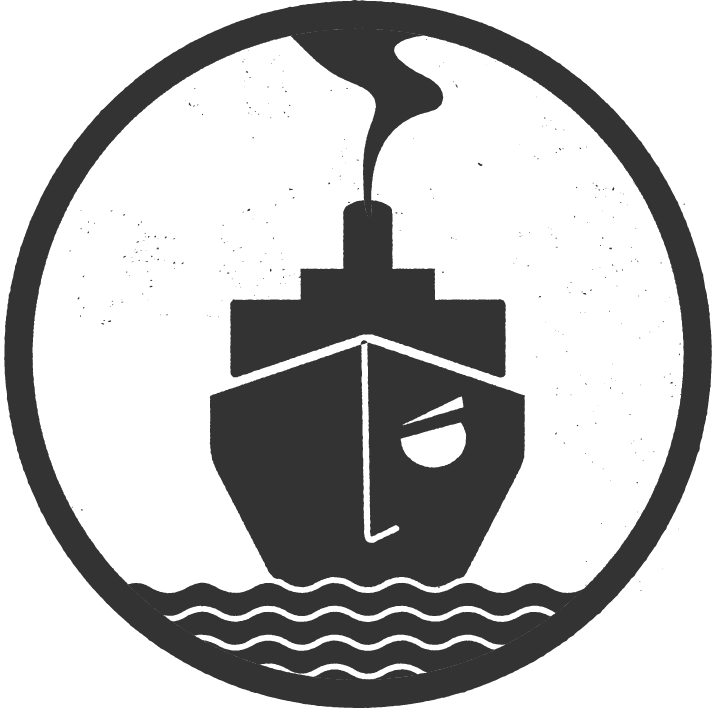A single cruise ship idling in port puts out the equivalent carbon as one million cars [1]. Seattle is putting in shore power, but not all ships are equipped to hook into shore power [2]. A cruise ship idling in port without shore power will result in an air quality index similar to a bad day in Beijing, Delhi, or Rio de Janeiro [3].
Cruise ships pollute the marine environment. Exhaust Gas Cleaning Systems, also known as “scrubbers,” are designed to cheat internationally agreed upon emissions standards [4]. Scrubbers take toxic exhaust from cruise ships and divert it from the air into the water, harming and killing marine ecosystems. The U.S. government fined cruise ship companies over criminally negligent behavior [5, 6].These operators knowingly, egregiously, and repeatedly dumped toxic and waste water illegally and hid it. Cruise ship companies pay the fines, but do not change their behavior.
If port cities ban scrubbers, it leads to compliance in international waters. Without scrubbers, cruise ships have to use cleaner fuel, which benefit land-based and sea life alike. Port cities in Northern Europe are considering adopting a scrubbers ban. Seattle can be a world leader if it becomes the first port to ban scrubbers.
A Call to Action
Ban the use of scrubbers. Call on policymakers to ban ships with scrubber technology from Washington ports. It would force cruise ships to use cleaner fuel and stop dumping toxic waste into the marine environment.
Citations
“A Cruise Ship’s Emissions Are the Same as 1 Million Cars: Report | CBC Radio.” CBCnews, CBC/Radio Canada, 9 Sept. 2017, www.cbc.ca/radio/asithappens/as-it-happens-wednesday-edition-1.4277147/a-cruise-ship-s-emissions-are-the-same-as-1-million-cars-report-1.4277180.
“Waterfront Electrification: Shore Power at Pier 66.” Port of Seattle, www.portseattle.org/sites/default/files/2018-12/waterfront-electrification-P66.pdf.
One thousand particles per cubic centimeter is the limit of what is the upper acceptable limit for healthy air quality. When cruise ships are berthed in port cities, the German environmental group Nabu has recorded air pollution up to 400,000 particles per cubic centimeter—which means the air is 400 times more toxic than what is considered healthy. Source: Oeliger, Dietmar, and Daniel Rieger. “High Concentrations of Ultrafine Particles in Ambient Air.” NABU, March 2017, en.nabu.de/imperia/md/content/nabude/verkehr/1703-nabu-air-quality-measurements.pdf.
Crisp, Wil. “Thousands of Ships Fitted with ‘Cheat Devices’ to Divert Poisonous Pollution into Sea.” The Independent, Independent Digital News and Media, 3 Oct. 2019, www.independent.co.uk/environment/shipping-pollution-sea-open-loop-scrubber-carbon-dioxide-environment-a9123181.html.
Mervosh, Sarah. “Carnival Cruises to Pay $20 Million in Pollution and Cover-Up Case.” The New York Times, The New York Times, 4 June 2019, www.nytimes.com/2019/06/04/business/carnival-cruise-pollution.html.
Resneck, Jacob, and CoastAlaska. “Holland America Fined $17K over Greywater Dumping in Glacier Bay.” Alaska Public Media, 10 Sept. 2019, www.alaskapublic.org/2019/09/10/holland-america-fined-17k-over-greywater-dumping-in-glacier-bay/.



